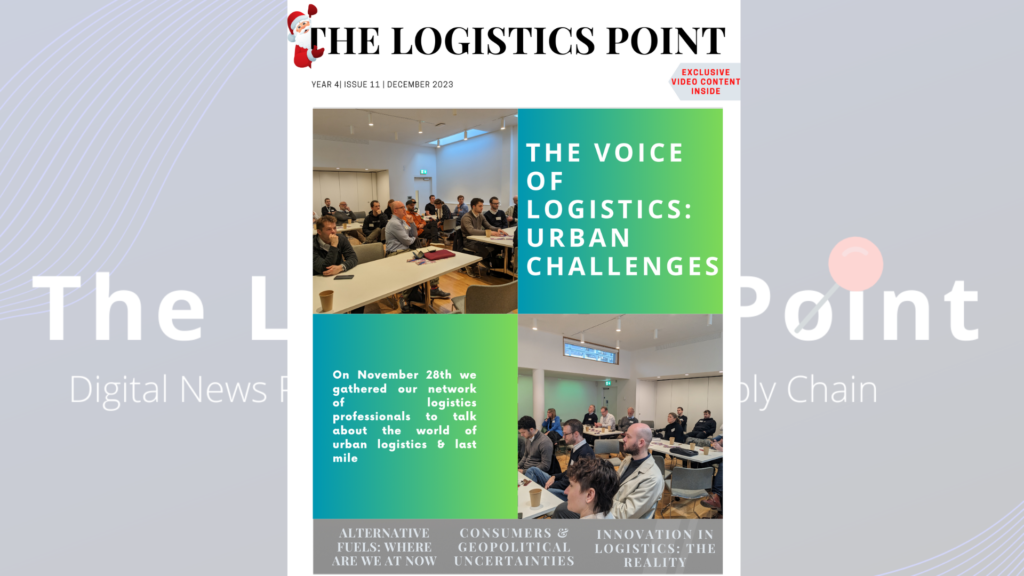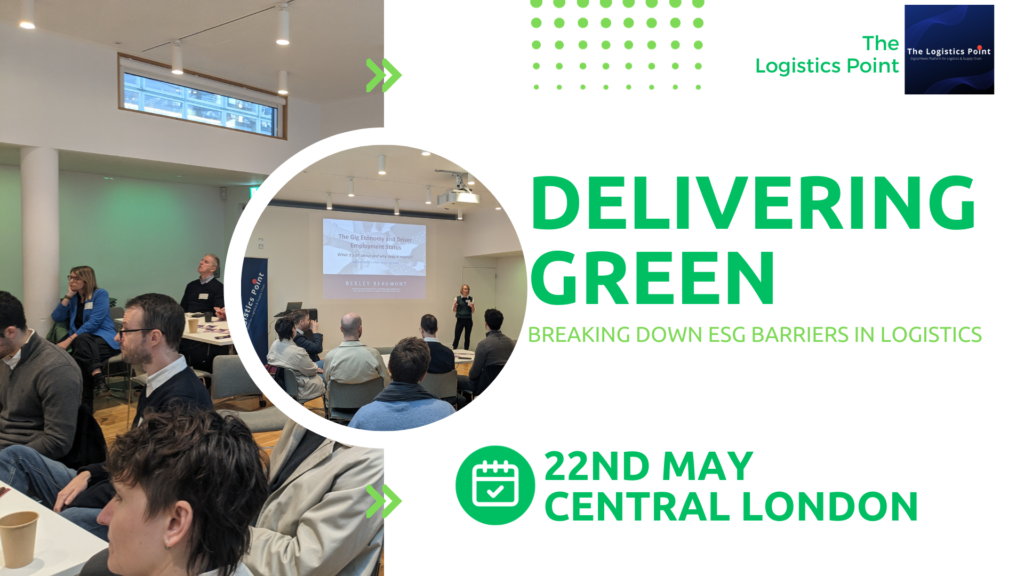The volume of online shopping in the UK has been steadily growing for the last fifteen years, and while the infrastructure exists to handle demand, the environmental impact has not been factored into considerations until recently. We spoke to Esme Fowler-Mason from My Pup about the future of sustainable online shopping.

In 2022, around five billion parcels were shipped in the UK. While this is fewer than during the pandemic – where consumers had little choice but to shop online and online retail as a proportion of retail sales jumped up to 30 per cent – we can expect the volume to increase in the years ahead.
In the UK, online sales currently represent around a quarter of all retail sales (26.3%), with consumers opting for the convenience of home delivery, avoiding crowds and embracing the opportunity to shop around to find bargains and better value for money.

Sales going up
Despite the cost-of-living crisis, retailers are already reporting a record-breaking Black Friday discounting event.
Nationwide reported that its members alone made 9.92 million purchases on Black Friday this year, up 2 per cent on 2022 and 12 per cent on a regular Friday.
Given a typical jump in the proportion of online sales of about 4 per cent in November each year, we can expect around 30 per cent of all sales over Black Friday to have taken place online. As a result, logistics providers – especially those focused on last-mile delivery – are currently experiencing a huge boost in demand for their services that will continue into December as the Christmas shopping rush continues.
One thing those operating in and around the retail sector desperately need to think about is the environmental impact of these deliveries. Even a small parcel can generate between 0.5 and 1.0kg CO2e, and with five billion parcels being delivered in the UK every year, it is clear that online shopping has a sizeable impact on the environment.
Do we want it better?
With the volume of online shopping only increasing, more sustainable solutions are needed. According to MyPup’s recent research amongst consumers in London, while 87 per cent are concerned about the environmental impact of the package
deliveries they receive, only 44 per cent are trying to reduce the volume of parcels they order.

Retailers have started to offer green delivery options, but unfortunately as these often take longer or cost more, consumers are not keen to use them, despite their environmental concerns. Seven in 10 (69%) London-based consumers would be willing to make small changes to improve their carbon footprint – like selecting alternative delivery options – but only if there was no impact to their lifestyle or experience.
While providing greener delivery solutions is important for reducing the carbon footprint of online shopping, reducing the number of deliveries made could be far more impactful. One solution popping up across Europe, which benefits both consumers and the environment, is urban micro consolidation, which revolutionises the tail-end of last-mile delivery.
When multiple parcels are ordered from different retailers, as often happens during the golden quarter, one single consumer in the UK could receive deliveries from more than five different providers in the same day. In an apartment block with multiple units and residents, the same providers might be making multiple deliveries – and often these are not made by the same vehicle.
Streamlining the number of deliveries made through parcel consolidation should be considered as a solution for making ecommerce more sustainable. This would see all parcels from all couriers go to one hub, where they are sorted by apartment block. All parcels for that block would then be delivered in one delivery by electric vehicle, significantly reducing the number of vans on the roads and therefore, the emissions released from online shopping deliveries.
Rather than taking away from consumers’ experience, a service like this could actually improve it. Rather than receiving multiple deliveries, which can be challenging when people are working, receiving just one makes the whole process more convenient.
As the volume of online sales is likely to increase rather than decrease, it is important that logistics firms evolve quickly, and consider collaborating with each other, public bodies, asset managers and other stakeholders in order to make a difference on emissions. We need to reduce the number of deliveries made and reduce traffic on our roads urgently before we reach critical mass. ✷



